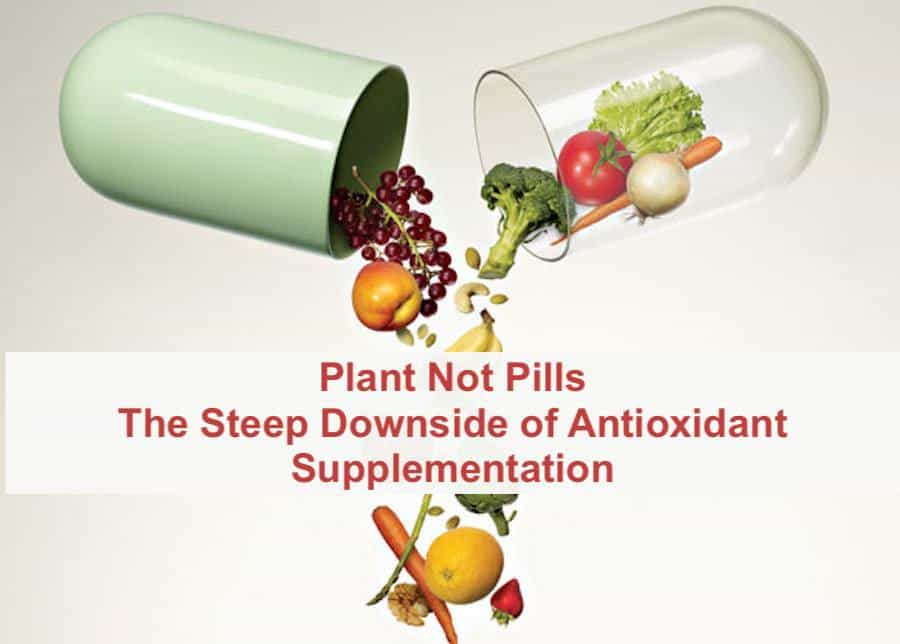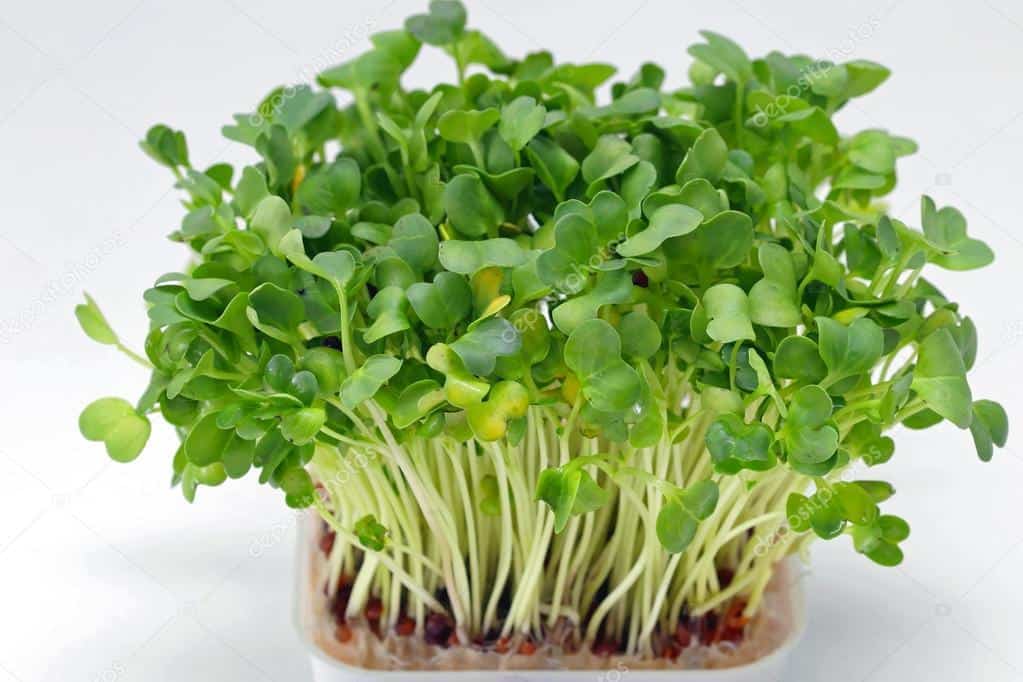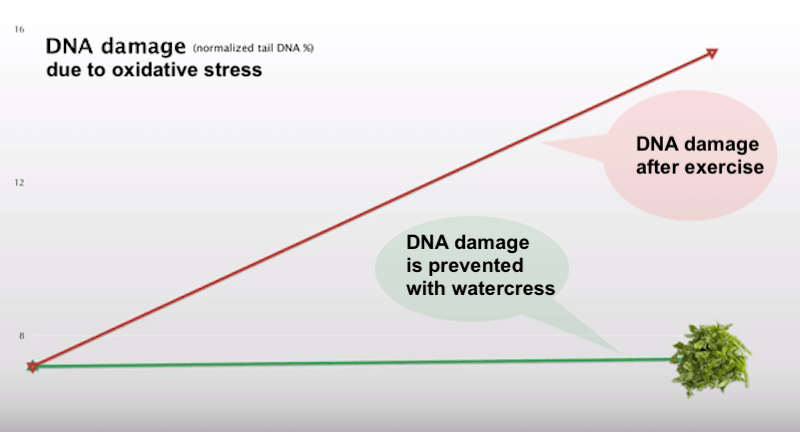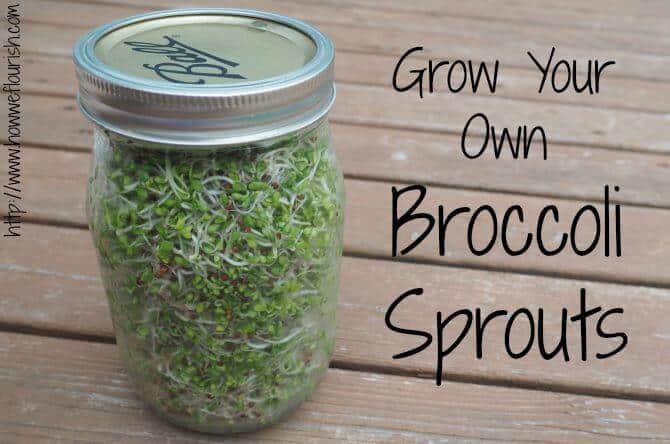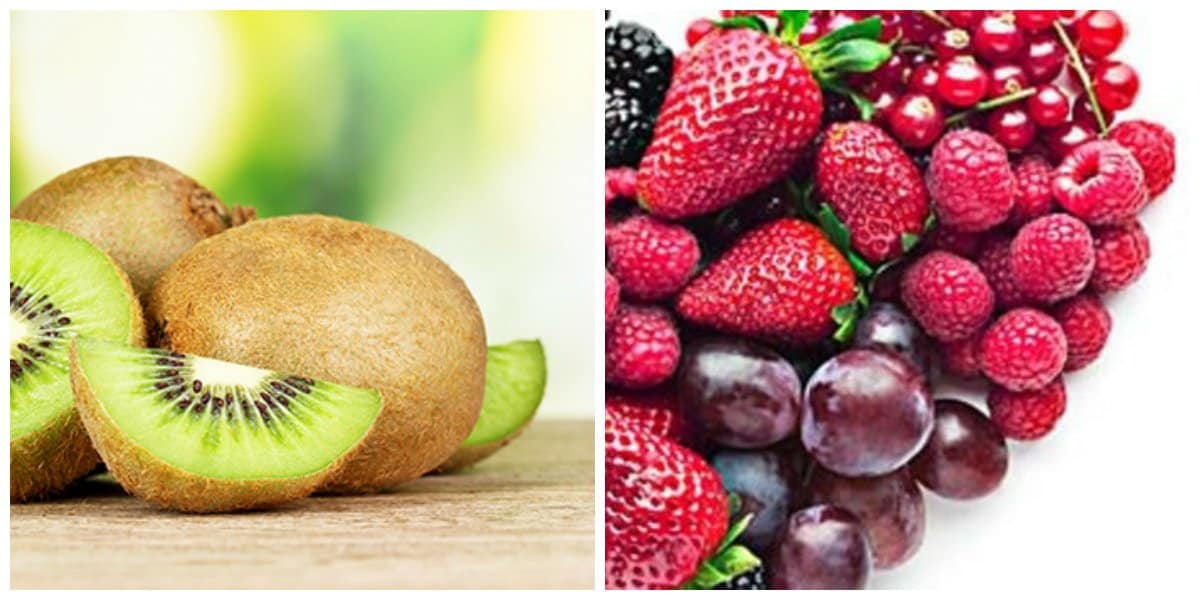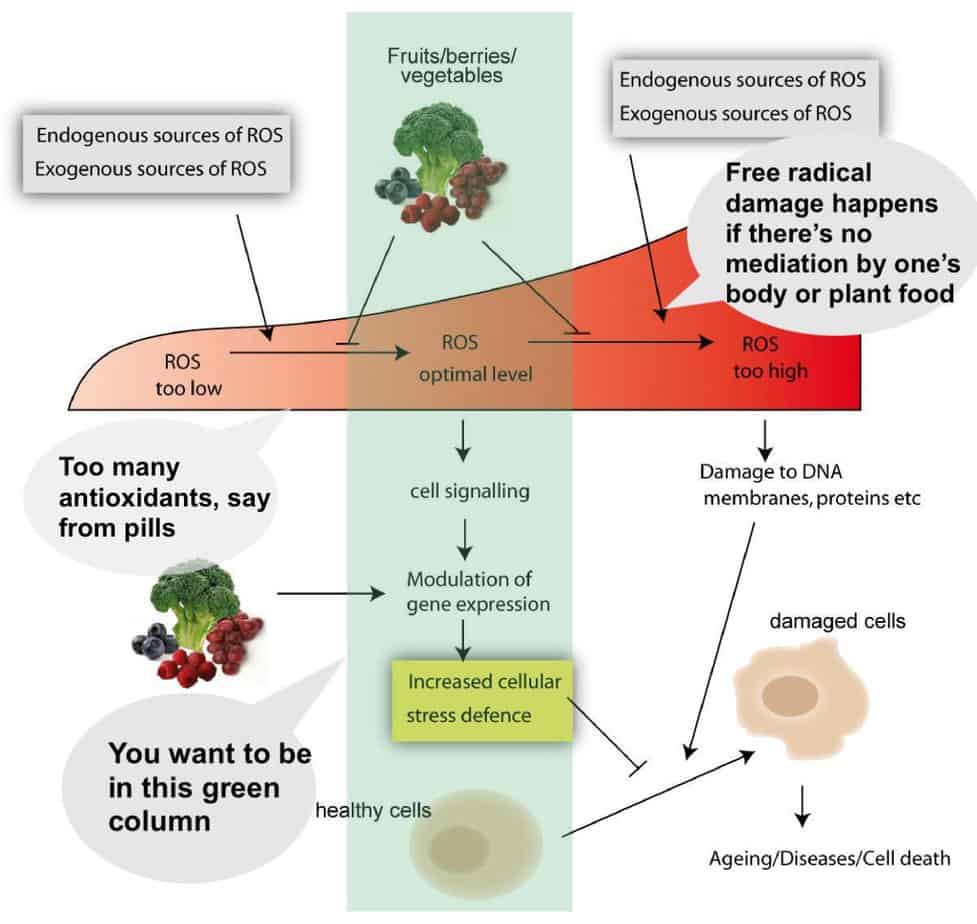Dr. Greger: “Plants Not Pills” — The Steep Downside of Antioxidant Supplementation
Your resistance to chronic illness, your robust health and your longevity come down to this: Plants not pills. It’s a simple statement, but richly backed up by science. This is not about vegetarianism, but about knowing which fruits and veggies to eat, and eating more of them. A lot more!
I ALREADY know that many of you reading this will not be happy with the conclusions. It took me awhile to accept that 30+years of avid antioxidant vitamin supplementation not only hasn’t been doing me any good, but it could have done me harm.
To get to that realization, I had to become immersed in a bunch of research studies and keep my mind open. As the say goes,
A mind is like a parachute; it only works when open.
As I’m about to show through the focal lens of Dr. Michael Greger, who presents the science on the matter, antioxidant vitamin supplements can’t hold a candle to the complex, synergistic health benefits from the antioxidant-rich phytonutrieints contained in various plants, both fruits and vegetables.
This is not an argument against carnivorism and for vegetarianism, but simply a recitation of a spate of scientific studies that emphatically underscore this point:
Consuming more plants, not pills, is your prescription for robust health and longevity.
In this article, you’ll discover:
- If antioxidant supplements are compromising your health and longevity.
- Why whole foods are greater than the sum of their parts.
- Can antioxidant vitamin supplements make you depressed?
- Three examples of food-based antioxidants that prove the case.
- Should you trash all your vitamin supplements?
Let’s dig in…
Plants Not Pills: Are antioxidant supplements compromising your health and longevity?
Yes, like me, you’ve been told for a very long time that when free radicals accumulate in the body they generate a phenomenon called oxidative stress. This then plays a major part in the development of chronic and degenerative illness such as cancer, autoimmune disorders, aging, cataract, rheumatoid arthritis, cardiovascular and neurodegenerative diseases.
This is true.
The next part, not so much.
The next part that inevitably follows some statement about free radical damage is that you can reduce or eliminate their damaging affect by taking antioxidant vitamin supplements.
Again, this is true, but more true than you want it to be if the reason you take antioxidant supplements is to help prevent chronic disease and accelerated aging.
As I explain in my article, If The “Free Radical Theory of Aging Is Dead”, Should You Take Antioxidants?:
Doses of ROS (“Reactive Oxygen Species”, also called “free radicals) work like a vaccination. Unlike the research that supported the Free Radical Theory of Aging, in real life, free radicals typically occur in very low doses in healthy organisms, or humans, where they serve as “signaling molecules” that increase our body’s defense mechanisms against external stressors. As such, it works like a vaccination, whereby repeated low doses of free radicals will increase stress resistance.
That statement is culled from the work of Dr. Michael Ristow, professor of energy metabolism at ETH Zurich. What he’s saying is that the effect ROS has on us is dose dependent:
- A little bit of ROS makes us stronger (age slowly, more resistant to chronic disease)
- A lot of ROS makes us weaker (age faster, less resistant to chronic disease)
- A healthy body produces enough of its own endogenous antioxidants to keep ROS at harmless levels, IF….
- You consume foods that contain antioxidant-rich phytonutrients, which are abundant in plants, both fruits and vegetables.
Conclusion:
Plants Not Pills: The whole food is greater than the sum of its parts
Let’s give famed nutritionist and medical doctor Michael Greger a crack at this.
In his video, Industry Response to Plants Not Pills (below) he presents a famous study that followed thousands of men for 19 years, and found a drop in the risk of lung cancer among smokers who got increasing amounts of beta-carotene in their diet. Researchers estimated this simply by adding up how much fruit, vegetables and soup the men ate.
Given this, you’d think that the smokers would be treated with fruit, veggies and soup, but instead they were given beta-carotene pills, which the body converts into vitamin A, an antioxidant.
More beta-carotene pills did not have the intended effect!
Those taking the pills got more lung cancer than those who didn’t, and there were more deaths from lung cancer, heart disease, and stroke, and a shorter average lifespan overall.
Apparently unperturbed by such dolorous results, the researchers tried the same approach repeatedly. Six more studies were performed, and beta-carotene pills continued to increase mortality. In a compilation of 20 other studies in which they gave beta-carotene and other antioxidant supplements, mortality was significantly increased.
As one study pointed out,
“An obvious conclusion is that isolated nutrients are drugs, but not studied or regulated as drugs, and perhaps they should be. Food, on the other hand, needs to be treated in a different way, cognizant of the food synergy concept.”
The “food synergy concept”?
It’s simply this:
The whole food is greater than the sum of its parts.
Given the conclusions of these studies, it’s obvious that giving supplements of beta-carotene was a misguided way to prevent cancer. Instead, researchers should have sought to determine which foods have the most convincing negative association with cancer and then put those fruits and vegetables to the test in randomized controlled trials.
But that’s unlikely to happen simply because pills are more profitable than plants.
Take the next four minutes to watch Dr. Greger tell the tale:
If Dr. Greger’s take on this subject is appealing to you, check out his video showing a triad of studies published in the 2012 time frame showing once again that those taking dietary supplements may, in some cases, be making themselves sick.
Here are some of his conclusions:
Folic Acid: High doses from food sources, like beans and greens, reduced the risk of esophageal cancer; whereas high doses of folic acid from supplements were associated with a significantly elevated risk of such cancer.
Carotenoids and Vitamin C: Consumption of food sources high in these vitamins (carrots, sweet potatoes, greens, broccoli, citrus) resulted in decreased odds of urinary tract symptoms in men; whereas those taking nutrients in pill form got worse.
EGCG in Green Tea: The concentrations and source of the polyphenol flavonoid EGCG (epigallocatechin gallate) in green tea supplements are detrimental to health; whereas those in the green tea itself are beneficial. “…there no longer can be a reasonable doubt that ingestion of concentrated extracts of Chinese green tea poses a real and growing risk to liver health.”
Conclusion:
Plants Not Pills: Can antioxidant supplements make you depressed?
Fast answer: Sometimes.
Let’s start with some background information.
According to the latest from the CDC, the rates of all of our top ten killers have fallen or stabilized except for one: suicide. Accumulating evidence indicates that oxidative free radicals may play important roles in the development of various neuropsychiatric disorders, including major depression.
Now, before you read all that stuff written here so far, or read my piece on the Free Radical Theory of Aging, you would likely have thought,
Damn, I better get me some antioxidant supplements so I’ll never get depressed again!
But you know better now, right?
As you’re about to learn in the video below, only food sources of antioxidants were protectively associated with depression, not antioxidants from supplements.
Here’s Dr. Greger telling it like it is in about six minutes:
For those of you who rather read than watch, here’s what was covered in the video:
In a study of nearly 300,000 Canadians, greater fruit and vegetable consumption was associated with lower odds of depression, psychological distress, self-reported mood and anxiety disorders and poor perceived mental health. They conclude that since a healthy diet comprised of a high intake of fruits and vegetables is rich in antioxidants, it may consequently dampen the detrimental effects of oxidative stress on mental health.
But that was just based on asking how many fruits and veggies people ate. If you measure the levels of carotenoid phytonutrients in nearly 2,000 people across the country, a higher total blood carotenoid level was associated with a lower likelihood of elevated depressive symptoms, and there appeared to be a dose-response relationship, meaning the higher the levels, the better people felt.
Lycopene, the red pigment predominantly found in tomatoes, but also present in watermelon, pink grapefruit, guava, and papaya, is the most powerful antioxidant among the carotenoid family. In a test tube, it’s about 100 times more effective at quenching free radicals than vitamin E, for example.
And in a study of about a thousand older men and women, those who ate the most tomato products had about half the odds of depression. The researchers conclude that a tomato-rich diet may have a beneficial effect on the prevention of depressive symptoms.
Higher consumption of fruits and vegetables has been found to lead to a lower risk of developing depression, but if it’s the antioxidants, can’t we just take an antioxidant pill?
No; only food sources of antioxidants were protectively associated with depression, not antioxidants from dietary supplements. Although plant foods and food-derived phytochemicals have been associated with health benefits, antioxidants from dietary supplements appear to be less beneficial, and may, in fact, be detrimental to health. This may indicate that the form and delivery of the antioxidants are important. Alternatively, the observed associations may be due not to antioxidants, but rather to other dietary factors, such as folate, which also occur in fruits, vegetables, and plant-rich diets.
In a study of thousands of middle-aged office workers, eating lots of processed food was found to be a risk factor for at least mild to moderate depression five years later, whereas a whole food pattern was found to be protective. Yes, it could be because of the high content of antioxidants in fruits and vegetables, but could also be the folate in greens and beans, as some studies have suggested an increased risk of depression in folks who may not have been getting enough.
Low folate levels in the blood are associated with depression, but since most of the early studies were cross-sectional, meaning a snapshot in time, we didn’t know if the low folate led to depression, or the depression led to low folate.
A number of cohort studies were published following people over time, and low dietary intake of folate may indeed be a risk factor for severe depression–as much as a threefold higher risk.
Note that this is dietary folate intake, not folic acid supplements, so they were actually eating healthy foods. If you give people folic acid pills they don’t seem to work. This may be because folate is found in dark green leafy vegetables like spinach; whereas folic acid is the oxidized synthetic compound used in food fortification and dietary supplements because it’s more shelf-stable, but it may have different effects on the body.
These kinds of findings point to the importance of antioxidant food sources rather than dietary supplements. But there was an interesting study giving people high-dose vitamin C, also known as ascorbic acid. The vitamin C, but not placebo, group experienced a decrease in depression scores, which interestingly (and confusingly) lead to greater sexual intercourse frequency… or was it visa versa — more intercourse lead to less depression. I don’t know. Go watch the video (above) and figure this out for yourself!
Conclusion:
Plants Not Pills: Three examples of food-based antioxidants that prove the case
I have three more short Dr. Greger video for you, along with a transcript of the essential information in case you’re weary of watching.
I’ve included the next video about Watercress because it’s a fantastic example of how one plant can be more effective at reducing you unhealthy free radical burden and subsequent oxidative stress than any antioxidant supplement, particularly as it relates to exercise-induced oxidative stress.
As my Subscribers know, I’m a big believer that exercise, in all its various forms — mobility, anaerobic, aerobic and resistance training — is the biggest anti-aging, health-promoting tonic available to us, until Ray Kurzweils’ nanobots come rescue us from the degradation that is aging.
Although the net effect of exercise is good, there is a downside. As Dr. Greger emphasizes in the next video, after just five minutes of moderate or intense cycling, you can get a substantial surge in DNA damage. This is thought to be due to oxidative stress, but irrespective of the cause, the fact that a very short bout of high-intensity exercise can cause an increase in damage to DNA is concerning.
So, what do you do?
Eat watercress, of course! (As well as broccoli sprouts, as you’ll see in a bit.)
Example #1: Nearly Eliminate Exercise-induced DNA and Oxidative Stress with Watercress
We care about oxidative stress because it’s “implicated in virtually every known human disease, and there’s evidence linking free radical production to the process of aging, should our bodies not produce sufficient endogenous antioxidants or we not ingest such from antioxidant-rich foods.
Of course, when drug and supplement companies hear antioxidant-rich foods they think, pills! You can’t make billions on broccoli, so:
“Pharmacological antioxidant vitamins have been investigated for a prophylactic effect against exercise-induced oxidative stress. However, large doses are often required, and [in pill form,] may ironically lead to a state of pro-oxidation, and [even more] oxidative damage.”
An example of the propensity to take supplements rather than the foods that supplement is trying to replicate is a study of men doing arm curls. In the video, Dr. Greger talks about that men doing arm curls taking 500 milligrams of vitamin C appeared to have more muscle damage, inflammation, and oxidative stress.
So, instead of vitamin supplementation, how about supplementation with watercress, the bad-ass of the broccoli family?
Well, here are two amazing things to know about watercress consumption:
(1) If you eat a serving of raw watercress two hours before exercise, and then do so much exercise that you nearly collapse, which ordinarily would spike the amount of free radicals in your bloodstream, you actually wind up with less oxidative stress damage after the exercise than before you did it.
I took a screen shot of the following graph from Dr. Greger’s video and added some explanation:
(2) A single serving of watercress consumed every day for two months will nullify the significant DNA damage that can be caused by intense exercise; thus, you can get all the benefits of exercise without the risks.
Plant foods average 64 times more antioxidants than meat, fish, eggs, and dairy; moreover, animal protein itself can have a pro-oxidant effect. That said, as mentioned at the outset of this article, I’m not trying to convince you to shun meat, but to eat more phytonutrients.
As Dr. Greger says:
“Whether it’s about training longer or living longer, we’ve got to eat more plants.”
Example #2: Reduce Your Chances of Getting Chronic Illness with Broccoli Sprouts
Cancer stem cells are thought to be responsible for initiating and maintaining cancer. At this point, it should come as no surprise to you that there’s considerable interest in the scientific community about targeting cancer stem cells with a dietary component of broccoli, and especially broccoli sprouts.
In the next video, Dr. Greger tells the tale:
But broccoli sprouts are not only being tested against cancer, but as the video depicts it, there’s been a number of randomized, double-blind, placebo-controlled, clinical trials on the use of broccoli sprouts as a complementary treatment in diabetes, to reduce oxidative stress, reduce inflammation, and reduce insulin resistance and fasting blood sugars.
I have yet to do it, but I encourage you (and thereby myself) to grow your own.
In his video, Biggest Nutrition Bang for Your Buck, Dr. Greger describes how to grow your own, simply and quickly in five days, but you don’t even need that much time.
If you look at other sprouts, their antioxidant phytonutrients appear to peak around sprouting day five, which is as much as tenfold higher than day two. But, the sulforaphane content in broccoli sprouts appears to peak at around 48 hours. So, “2-day-old sprouts” may be even better.
What about broccoli sprout supplements?
Yes, it’s easier to pop open a bottle of supplements and swallow a few than grow sprouts and then put them in a salad or blend them in a smoothie, but is that as good as the actual broccoli sprouts?
Well, it was tested.
The researchers tested BroccoMax, which boasts the equivalent of half a pound of broccoli in every capsule. In the test, people were given six of these capsules a day (about two dollars worth), and compared the spike of the BroccoMax group with another group that consumed one cup of broccoli sprouts (about 25 cents).
The result:
The “bioavailability of broccoli phytonutrients is dramatically lower when subjects consume broccoli supplements compared to the whole food.”
So, if you want the benefits of broccoli sprouts, you have three choices:
- Buy them from the grocer (if available)
- Sprout them (here’s some help)
- Buy a broccoli sprout supplement
Example #3: Kiwis and a berry-full blast of antioxidant-rich plant foods turns on protective genes
Sadly, next is our last Dr. Greger video on the theme of “Plants Not Pills”.
Though it’s the last, it just very well might be the best due to a study published by BMC Medical discussed in the video that clearly shows that your health is dependent on plants not pills.
As you now know, the traditional model of how fruits and vegetables protect against various chronic diseases like cancer is that their antioxidants prevent the buildup of free radicals (also known as reactive oxygen species, ROS) which would otherwise go on to damage our cellular DNA, membranes, etc.—which could lead to the transformation of healthy cells into damaged, diseased, or dying cells.
Let Dr. Greger take it from there (3 1/2 minutes), and then I’m going to expand on a couple of things he touches that I’ve pulled from the BMC Medical site.
The landmark 2003 kiwifruit study showed that phytonutrients actually modulate gene expression, and can increase our cellular defenses such that even if there is some damage to our DNA, our cells may recover, instead of being irreparably lost.
The kiwi study looked at one of those defenses—one DNA repair enzyme—but there are many ways our cells repair our DNA; there are redundant, complimentary systems when it comes to protecting our genes.
The researchers wanted to test other fruits and vegetables besides kiwifruit. They grabbed a large handful; namely these:
Antioxidant-rich food items provided to the antioxidant-rich diet group during the intervention period
|
Food item |
Manufacturer |
Food items provided weekly |
Total antioxidants provided in foods, mmol/wk |
|---|---|---|---|
|
Green java tea |
Twinings (London, UK) |
7 tea bags |
20.86 |
|
Juice of rose hips, orange, apple and carrot (Mana yellow) |
Tine BA (Oslo, Norway) |
1.66 L |
42.64 |
|
Juice of cranberries, raspberries and grapes (Mana Red) |
Tine BA (Oslo, Norway) |
1.66 L |
10.95 |
|
Juice of black chokeberry, bilberries, grapes and cherries (Mana Blå) |
Tine BA (Oslo, Norway) |
1.66 L |
33.18 |
|
Bilberry juice (Vaccinium myrtillus) |
Corona Safteri (Ranheim, Norway) |
0.66 L |
54.73 |
|
Bilberry jam (Vaccinium myrtillus) |
Heistad (Bergen, Norway) |
345 g |
10.50 |
|
Bilberries (Vaccinium myrtillus) |
Odd Langdalen Engros |
200 g |
16.24 |
|
Blackberries (Rubus fruticosus) |
Odd Langdalen Engros |
200 g |
9.20 |
|
Strawberries (Fragaria × ananassa) |
Odd Langdalen Engros |
200 g |
4.26 |
|
Raspberries (Rubus idaeus) |
Odd Langdalen Engros |
200 g |
5.87 |
|
Pomegranate (Punica granatum) |
Odd Langdalen Engros |
200 g |
3.43 |
|
Dark blue grapes (Vitis sp.) |
Odd Langdalen Engros |
200 g |
2.23 |
|
Brussels sprouts (Brassica oleracea var. gemmifera) |
Odd Langdalen Engros |
200 g |
2.01 |
|
Broccoli (Brassica oleracea var. italica) |
Odd Langdalen Engros |
200 g |
1.93 |
|
Red cabbage (oleracea var. capitata rubra) |
Outdoor cultivara |
200 g |
3.82 |
|
Kale (Brassica oleracea var. sabellica) |
Outdoor cultivara |
200 g |
4.71 |
|
Blue potatoes (Solanum tuberosum, ‘Blue congo’) |
Odd Langdalen Engros (Oslo, Norway) |
150 g |
0.00 |
|
Tomatoes (Solanum lycopersicum) |
Odd Langdalen Engros (Oslo, Norway) |
700 g |
2.24 |
|
Dark chocolate, 70% cocoa |
Kraft Foods (IL, USA) |
100 g |
11.22 |
|
Pecan nuts (Carya illinoinensis)b |
Den lille nøttefrabrikken (Fredrikstad, Norway) |
100 g |
8.30 |
|
Sunflower seeds (Helianthus annuus)b |
Den lille nøttefrabrikken (Fredrikstad, Norway) |
100 g |
6.31 |
|
Walnuts (Juglans californica)b |
Diamond Foods Inc (CA, USA) |
200 g |
44.48 |
|
Extra Virgin Olive Oil (Olea europaea)c |
Ybarra (Toano, Spain) |
0.063 L |
0.19 |
|
Rosemary (Rosmarinus officinalis)c |
Black Boy (Bergen, Norway) |
3 g |
1.55 |
|
Thyme (Thymus vulgaris)c |
Black Boy (Bergen, Norway) |
3 g |
1.69 |
|
Oregano (Origanum vulgare gracile)c |
Black Boy (Bergen, Norway) |
3 g |
1.90 |
|
Total antioxidants per week |
304.43 |
This is what the researchers did:
- They made and compared three groups, the antioxidant-rich food group listed in the above table, compared to the three-kiwi-a-day group, compared to a control group.
- They took blood from everyone, and then did this microarray analysis, where you can measure the effects of a plant-based diet on the expression of hundreds of different genes at a time. They were the first to investigate the influences of healthy diets on gene expression in whole blood.
The results:
- The kiwi group was able to significantly regulate not just one gene, but a total of five.
- The antioxidant-rich food group significantly regulated five times more; 25 genes.
The researchers’ summary:
“The observed changes in the blood cell gene expression profiles suggest that the beneficial effects of a plant-based diet on human health may be mediated through optimization of defense processes.”
Near as I can tell, “optimization of defense processes” is sciency-speak for, in this case, saying that eating antioxidant-rich plants, not pills, induces an optimum response in our bodies capacity to regulate ROS and keep us health and disease-resistant.
I took the following illustration from BMC and modified a bit.
It depicts a hypothetical model suggesting how plant food phytochemicals influence protective cellular defence systems (yellow box) in a similar manner as an optimal level of reactive oxygen species (ROS). It is possible that phytochemicals work by modulating ROS levels while regulating inducible (through antioxidant-rich plants) defense systems. (More at BMC Medicine).
The illustration indicates that removal of ROS by high-dose single antioxidants without the induction of adaptive/hormetic responses at the same time — such as defense and repair processes — may explain the disappointing results of antioxidant supplements on disease prevention. It is also possible that high-dose antioxidants have pro-oxidative effects.
Conclusion:
Should You Trash All Your Vitamin Supplements?
Fast answer: No.
Why?
If you’ve selected the vitamin supplements carefully by ensuring that the science (as opposed to the marketing hype) supports their effectiveness, then give them a try.
I addressed how you should select the vitamin supplements you take in my article, How To Choose Supplements That Will Work For You, where I recommenced you let the answers to five questions guide the supplements you use:
- Do you consume the SAD diet (Standard American Diet)?
- Are you trying to improve your health or athletic capacity in a specific manner?
- Do you have a diagnosed health issue that supplements might help?
- Did your parents or grandparents suffer from a health issue that an be inherited?
- Have you taken a genetic test that shows you’re at risk for some disease?
I suggest you take a look at the article for more on each of these five questions, but I will here provide my conclusion.
When you’re about to choose supplements for yourself, remember these five things:
- The supplements you need are wholly dependent on what you need or want.
- You may already know what you want, but you may need lab work or a visit to your doctors or a genetic test to determine what you need.
- Once you have a desired result in mind, do some poking around to find out if supplements can help (Google and PubMed), which have scientific backing (PubMed.com and Examine.com) and which brands are best (Labdoor.com).
- Cycle in and out of supplement taking. I’m unaware of some verified cycle regarding the ideal amount of time on and off supplements. I typically stick to a schedule of three months on, one month off, unless there’s a health issue that needs to be managed, in which case I’ll stay on the supplement longer and off it shorter.
- If you’re overwhelmed by all the choices and are unaware of specific supplements would be good for you, I suggest you consider some basic, all around supplements, such as one or more of these:
To read about all this, go here.
Conclusion:
Your Takeaway
Remember these four things:
- Too many free radicals damages your health, but so does too few. You do not want to eliminate all your free radicals by consuming antioxidant vitamin supplements, but control them, which what our own body does, aided by the antioxidant-rich phytonutrients contained in fruits and vegetables.
- You an reduce your chance of becoming depressed, or alleviate the depression you may now be feeling, by increasing the carotenoid phytonutrients in your blood by eating carotenoid-rich foods, such as tomatoes, watermelon, pink grapefruit, guava, and papaya.
- Put your ROS in the optimum zone, as well as upregulate (turn on) a large assortment of disease-protective genes, by consuming broccoli sprouts, kiwifruit and berries, as well as a large assortment of other plants (see the table above).
- Be in tune with the science and try to get your antioxidants from plants. Tailor your supplement choices to to those supported by scientific studies relative to helping you achieve your intended results.
A BIG thumbs up to everyone whose made it this far on this long and information-dense article. Do what’s been suggested here, exercise regularly, and you’ll live the long and strong life.
Want more of Dr. Greger?
Find him at NutritionFacts.org and read his book:
Last Updated on February 25, 2024 by Joe Garma

